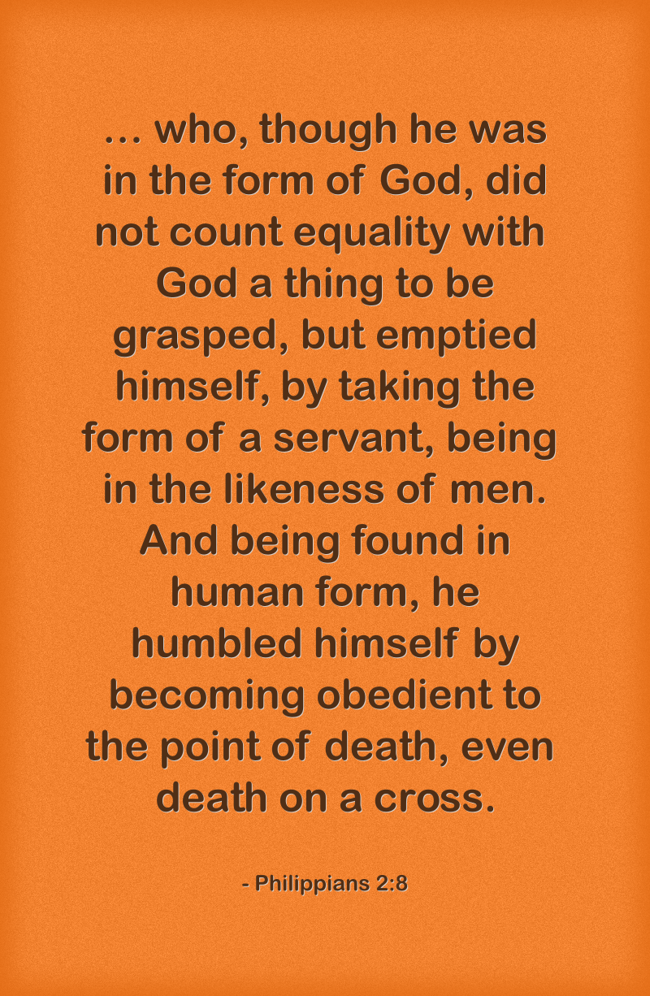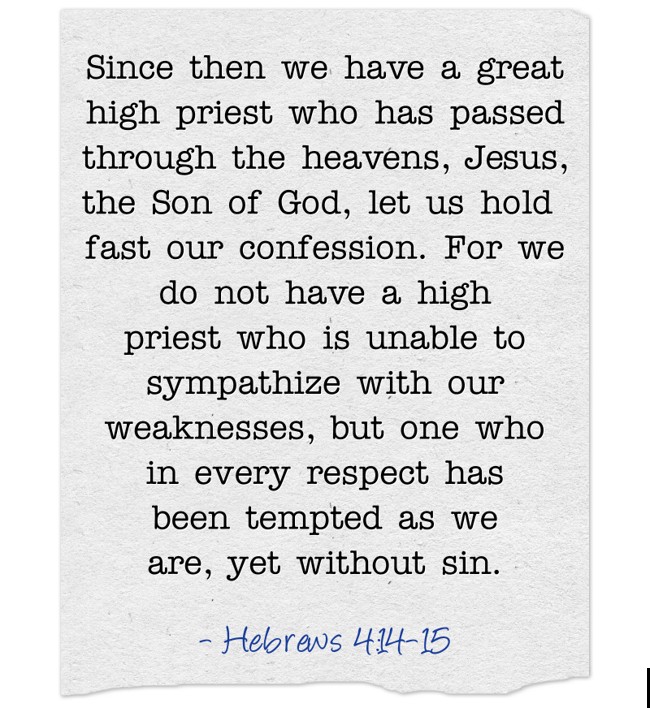Flesh.
Meat.
Carne.
It is a thing we can touch. A thing we can observe. It is a miracle of creation – an almost unfathomably intricate dance of molecules forming proteins, and proteins forming myocytes, and myocytes forming muscles… These all interact just right to make my fingers type these words. For many flesh is gross. It is a slimy and wet thing best hidden under the skin and not thought about except in the grisliest of horror stories. In my professional capacity, I have unzipped living bodies and gazed into and handled the inner clockwork of their flesh, and can testify that it indeed both disgusting and beautiful. To some flesh is a carnival: a thing to indulge with all the gusto one can muster because there is nothing else one can experience. To some flesh is a prison: a confine locking out the soul from experiencing a life more real than we can feel with our fingers. Flesh is weak: held together in a frighteningly delicate chain of reactions and necessities, the malfunction of any of which can suck the life from it in an instant. Flesh: a thing haunted by the reality of death.
“And the Word became flesh, and dwelt among us, and we saw His glory, glory as of the only begotten from the Father, full of grace and truth.” John 1:14

Once upon a time God Himself became flesh. God – Whom the children’s catechism rightly tells us is “a spirit, who does not have a body like men” – became incarnate. This means that Christ was humbled. He went from the highest rank of ethereal glory to dwell in frailty and filth. He fell “with style” from the freedom and power of an incorporeal nature, to be confined in the prison of a fleshly body. He did not stop being God but became an entirely new being unparalleled in history or even imagination: fully God in fully man. And in taking on this flesh Christ entered history.
How easy it is, particularly this time of year, to think of the Christ child in the manger as a pretty decoration, a nice story, a pleasant tradition, rather than a person who came into space and time and changed the world as we know it forever. The fact of Jesus, born a babe as God incarnate, to grow up and walk through the heartaches and beauty His creatures walk through, to die the Sacrificial Lamb in our place, is historical fact. Like the fact that Nelson fought at Waterloo, or that Betsy Ross sewed our country’s first official flag. It’s not mythology, like the tales of Greek demigods. It’s not a legend, like the stories of Robin Hood. It’s not a nice tradition, like Aesop’s fables. It’s not a pleasant religious theory built entirely on faith to make some people happy.
The wonderful substance of, and the widespread unpopularity of our faith stem from the fact that “we do not follow cunning devised fables.” When I declare myself a Christian I am saying I believe that Christ was incarnate as God-man and saved me at a real point in historical time. I believe in the reality of the nativity, in the factuality of the Resurrection. The incarnation was no less real than it was miraculous.
Why would Christ ever consider becoming flesh? To save us, who needed a sinless representative of our race to satisfy God’s justice on our behalf.
“For God has done what the law, weakened by the flesh, could not do. By sending his own Son in the likeness of sinful flesh and for sin, he condemned sin in the flesh, in order that the righteous requirement of the law might be fulfilled in us, who walk not according to the flesh but according to the Spirit.” Romans 8:3-4
John Milton imagines God in Heaven looking upon the newly formed man and woman and predicting their fall and need for a savior in Paradise Lost…
“Which of ye will be mortal to redeem
Mans mortal crime, and just th’ unjust to save,
Dwells in all Heaven charitie so deare?”[i]
“But,” Milton wrote, “all the Heav’nly Quire stood mute, and silence was in Heav’n.”

Christ, however, undertook to save us by taking on our flesh and being punished in our place, though it cost Him everything. He became flesh to be a sacrifice. He came in flesh to be a High Priest as well. He came to experience what we experience. To taste our misery and our pleasures, to feel our temptations. He came to know us, to create a real basis for empathy with humanity. He came in flesh for His own glory. This is the chief end of God, to bring glory to Himself since there is none higher than Himself. And the great act of incarnation for the salvation of mankind makes Christ more glorious.
Milton imagines the Father extolling the son after He had determined to save man…
“Nor shalt thou by descending to assume
Mans Nature, less’n or degrade thine owne.
Because thou hast, though Thron’d in highest bliss
Equal to God, and equally enjoying
God-like fruition, quitted all to save
A World from utter loss, and hast been found
By Merit more then Birthright Son of God,
Found worthiest to be so by being Good,
Farr more then Great or High; because in thee
Love hath abounded more then Glory abounds,
Therefore thy Humiliation shall exalt
With thee thy Manhood also to this Throne;
Here shalt thou sit incarnate, here shalt Reign
Both God and Man, Son both of God and Man,
Anointed universal King, all Power
I give thee, reign for ever, and assume
Thy Merits; under thee as Head Supream
Thrones, Princedoms, Powers, Dominions I reduce:
All knees to thee shall bow, of them that bide
In Heaven, or Earth, or under Earth in Hell.”[ii]
What does this mean for us? It means we have hope of heaven again. Nay, we who are His have the certainty of Heaven! It means salvation appeared in the body of a man, and beauty has returned to this broken and sin crushed world of woe. It means our flesh has been elevated again to the glory God first made it. Christ’s act of incarnation confirmed flesh itself is not evil but good, despite the pre-Reformation theological denigration of all things carnal. It canceled the effect of the curse even on our mortal, physical realm. And though we still die we will soon gain new flesh because Christ was incarnate.
We will one glorious day become neo-incarnate: we will be living souls in perfect bodies, the way God intended from the first. We will spend eternity in the presence of the incarnate God, our brother Jesus who once “came to earth to taste our sadness” and changed everything! Praise God!
—
[i] Milton, John. Paradise Lost. Book 3, lines 213-216. Accessed from https://www.dartmouth.edu/~milton/reading_room/pl/book_3/text.shtml
[ii] Milton, John. Paradise Lost. Book 3, lines 303-321

“Neo-incarnate,” what a beautiful phrase! Thanks for the great thoughts, it was a delight to read.
Wonderfully written. Enjoyed your view.